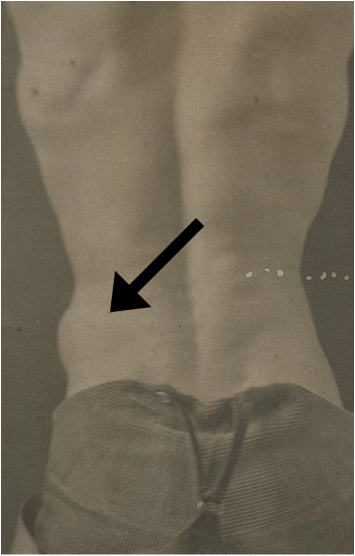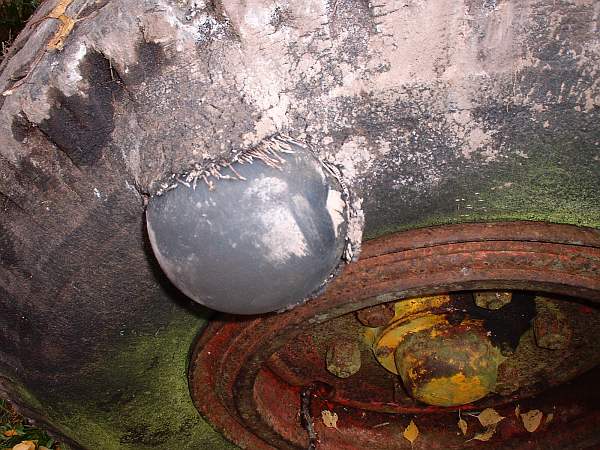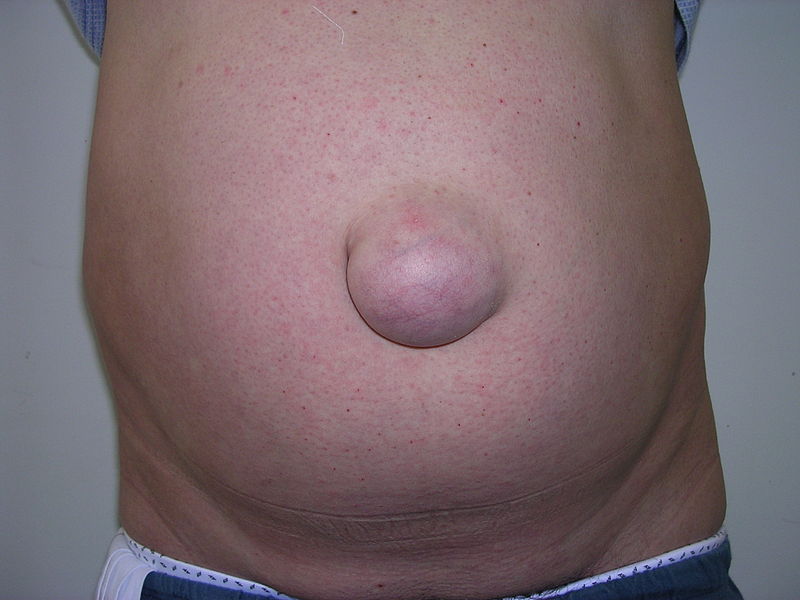INJURED FASCIA
IS IT TORN (HERNIATED) OR OVERSTRETCHED?
I have had constant pain in the right transverse abdominus muscle since FEBRUARY 2015 – as a result of over-stretching. The pain was diagnosed by an acupuncturist as ‘torn fascia’ and I have received several acupuncture treatments since then. I still have pain in the same locations (August 2015) despite treatment – and am told that the fasciae needs time to heal and nerves to bed-in.
What is the difference between a ‘torn fascia’ and ‘fascial adhesions’ – in terms of pain / sensation? How can I tell the difference – and decide whether I need to allow more time for healing or to begin stretching out the adhesions. Your opinion would be much appreciated.
Sincerely,
L.P. from South Africa
The second sentence in the previous paragraph (overuse) has to do with something called ‘TISSUE DENSIFICATION‘. The others have to do with the microscopic Fibrosis that I refer to in my office as SCAR TISSUE. But there is another Fascial injury that I honestly don’t see too often in my clinic, and unfortunately, don’t really have a great solution for —- Fascial Tears or Herniations. These are complete tears of the Fascia that can actually allow muscles or even organs to bulge towards the outside of the body. In a way, it’s like the difference between a ‘Pulled Muscle’ and a ‘Torn Muscle’ (HERE).
I have used the terms “Fascial Adhesion” and “Microscopically Torn Fascia” synonymously in my practice for a very long time. If a Fascia is torn in a non-microscopic manner, you will get underlying muscles trying to bulge through the tear. These are a form of hernia. A great common example is a Diastasis Recti (the center line of the abdominal muscles separates, and the underlying layers of abdominal muscles bulge out there — particularly noticeable when people do a SITUP — not to be confused with the picture of the umbilical hernia at the top of the page). Here is an email I received from RS in Wisconsin just this morning.
I have a few fascial hernias on my legs, likely caused by a trauma I experienced. From what I understand, the fascia has torn and now when I stand or flex my leg muscles, the muscle pushes through the torn fascia resulting in the bubbles / bulges in my leg. I can actually feel in one of the fascial hernias where the fascia has torn and doesn’t cover the muscle. I was wondering – is it possible to for the fascia to heal again where it’s been torn? It looks like surgery is not a great option because it leaves a scar bigger than the bulge from the hernia was. Is there anything that can be done or will I just have to deal with these fascial tears?
I have no great method to deal with the Fascial Herniations that RS is asking about. As to whether or not they will heal, only time will tell (my best guess is that they will not in the sense that RS is asking). To the best of my knowledge, these are not considered a surgical problem unless the herniation is quite large or possibly if it is causing inordinate pain. Bear in mind that this would be a question to ask a reputable surgeon.



